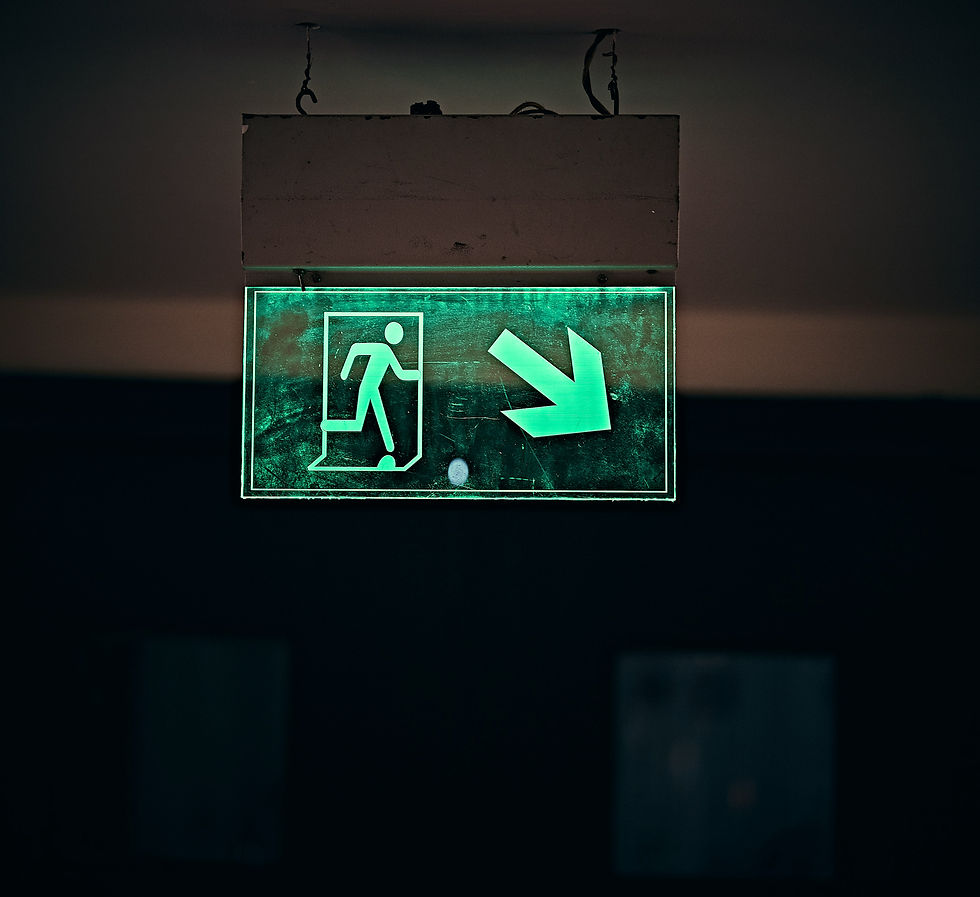Why You Freeze in Difficult Moments
- Canterbury Village Counsellor

- Aug 21, 2025
- 2 min read
“Why didn’t I do something? Why didn’t I say something?”
If you’ve ever replayed a difficult moment and asked yourself these questions, you’re not alone. And you didn’t fail. You froze.
Freezing isn’t weakness. It isn’t inaction. It’s your body protecting you.

The science of freezing
We often hear about fight or flight when we talk about stress responses. But there’s a third one -freeze.
When your nervous system senses danger, it chooses the survival strategy that feels most likely to keep you safe. Sometimes that’s running. Sometimes that’s fighting. And sometimes it’s shutting down.
Freeze can look like:
Feeling suddenly numb or disconnected
Being unable to speak or move
Going blank in the middle of conflict
Nodding along, even when you disagree
Feeling stuck long after the moment has passed
The shame that follows
Freezing is protective in the moment. But afterwards, it can bring a wave of self-criticism:
“I should have said something.”
“I just let it happen.”
“I failed.”
What you need to know is this: you didn’t fail. Your body made the best choice it could in that split second.

How therapy can help
In therapy, you don’t need to explain away your freeze. We can:
Explore where your nervous system learned to freeze
Gently release the shame that follows
Learn ways to notice your body’s signals sooner
Practise grounding tools to support you when you feel stuck
Therapy isn’t about forcing you to fight or flee. It’s about helping you feel safe enough that freezing doesn’t have to be your only option anymore.
Freezing kept you safe.
If you froze, it means your body was doing its best to protect you.That’s not failure. That’s survival.

If you’ve carried shame for freezing in difficult moments, therapy offers a safe place to explore those responses without judgment. You don’t have to stay stuck in the cycle of freeze and self-blame.You can find out more or book a session here.


